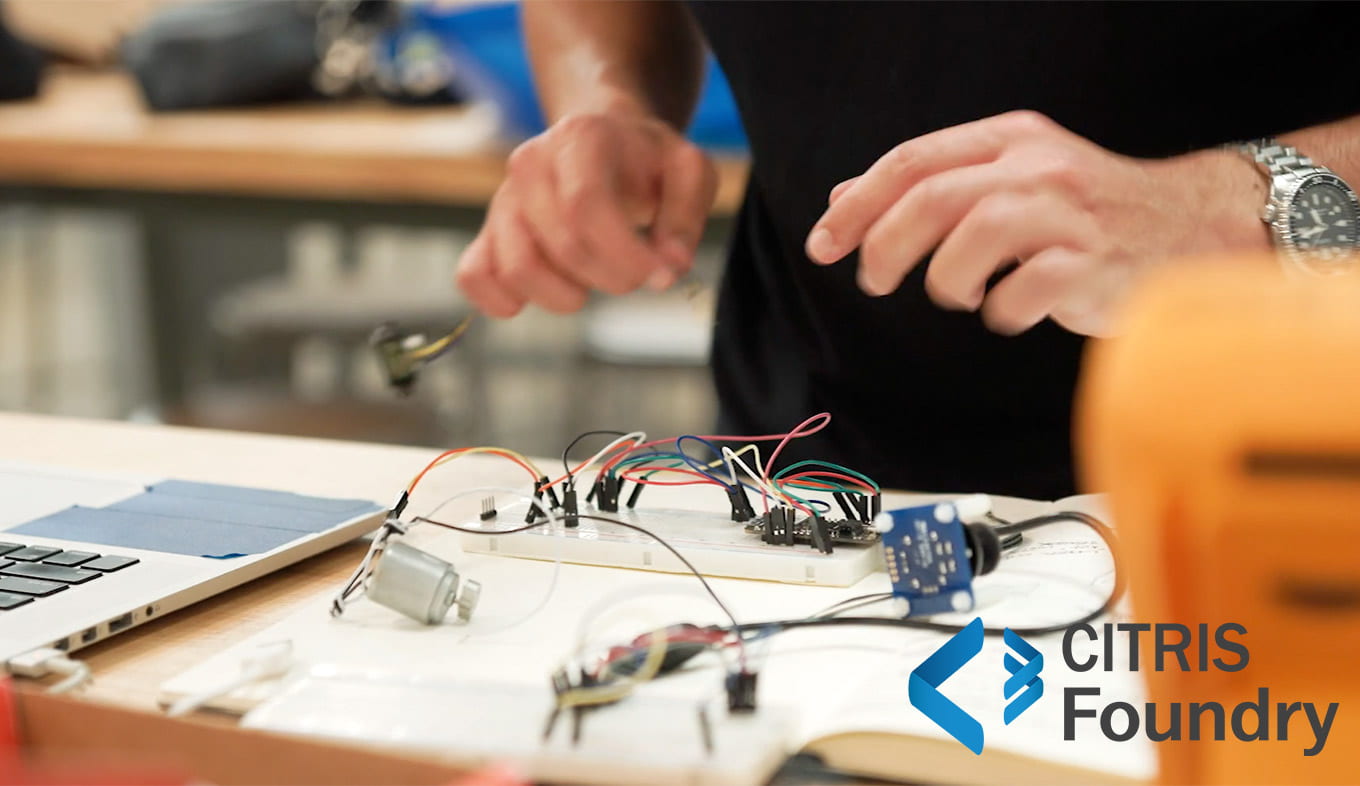The CITRIS Foundry welcomes seven new teams—two from UC Santa Cruz—advancing information technology solutions in health care, wildfire detection, artificial intelligence (AI) applications and more. The deep tech incubator is open to students and faculty affiliated with the four campuses of the Center for Information Technology Research in the Interest of Society and the Banatao Institute (CITRIS) at the University of California (UC), and the 12-month program offers entrepreneurs time, resources, and space to develop their innovative ideas into startups ready to seek venture capital funding.
Since its founding in 2013, the CITRIS Foundry has supported more than 125 founder teams that have secured more than $220 million in total funding. The innovations in its portfolio aim to address some of society’s biggest challenges, including education access, medical diagnostics and sustainable energy.
“We are excited to support the newest group of co-founders,” said Marc Theeuwes, CITRIS Foundry managing director. “We have already started helping each team utilize resources and facilities within Foundry’s entrepreneurship ecosystem to bring their research to market.”
The two spring 2023 UCSC teams are Redwood Bio and WakoAI:
Redwood Bio
Founding team: Danny Seth, A. Ali Yanik
An accurate diagnosis of Alzheimer’s disease typically requires a combination of medical history, neurological exams, cognitive tests, brain imaging, and blood screening. Redwood Bio is pioneering a test that can detect the disease in its early stages using only a blood sample. Its technology is capable of discovering Alzheimer’s up to 15 years before symptoms appear, with a sensitivity that is a hundredfold higher than the most advanced diagnostic instruments currently available. For people with the disease and their families, advanced detection can lead to improved treatment options, access to support services, and additional time to plan for future care needs.
WakoAI
Founding team: Jonah Daian, Jerry Zhu
Traditional speech recognition platforms often feel rigid, predefined, and unnatural. WakoAI aims to make voice interaction with digital applications more intuitive. Using a combination of software, automatic speech recognition systems, and transformer controllers developed in-house, the platform is designed to understand user intent and infer underlying meaning, resulting in an engaging human-like dialogue. The cloud-based tool is intended to seamlessly integrate with applications that require natural language interaction such as chatbots, virtual assistants, and language translations tools to create a more immersive user experience.




